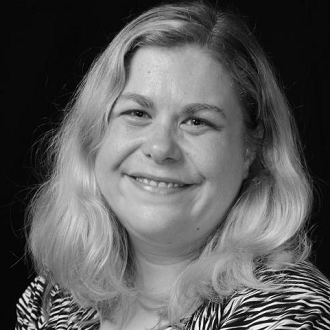 Amy NF for MDD
Amy NF for MDD
STUDY BASICS
Are you a patient with depression between the ages of 18 and 55? You may be eligible for a research study to see if a new intervention can improve depression in individuals. Compensation is provided.
STUDY PURPOSE
The purpose of this study examines whether neurofeedback can improve symptoms in patients with depression. This study will help doctors learn more about major depressive disorder and it is hoped that this information will help in the treatment of future patients with conditions like yours.
COULD THIS STUDY BE RIGHT FOR YOU?
Eligible participants are:
- Patients with depression
- Between the ages of 18 and 55
- Not taking antidepressant medications OR have been taking an antidepressant medication for at least 4 weeks
- Able to participate in fMRI scanning
WHAT PARTICIPANTS CAN EXPECT
You will undergo two brain imaging sessions where we will show you how active a region of your brain (or another participant's brain) is while you recall happy memories from your life and ask you to increase the level of activity in that region. We will ask you to complete a follow-up visit (either virtual or in person at the lab) 12 weeks following your last fMRI scan. We will ask you to complete electronic ratings of your symptoms every month for one year following your second scan.
IRB: STUDY23010004
- Confirmatory Efficacy Clinical Trial of Amygdala Neurofeedback for DepressionMEET THE RESEARCHER

Kymberly Young
Kymberly Young, PhD, is Associate Professor of Psychiatry at the University of Pittsburgh. A graduate of the American University in Washington, DC, Dr. Young is a talented clinical neuroscientist whose research interests include developing novel technology based interventions for depression and related conditions.
 https://pittplusme.org/study/2528
https://pittplusme.org/study/2528